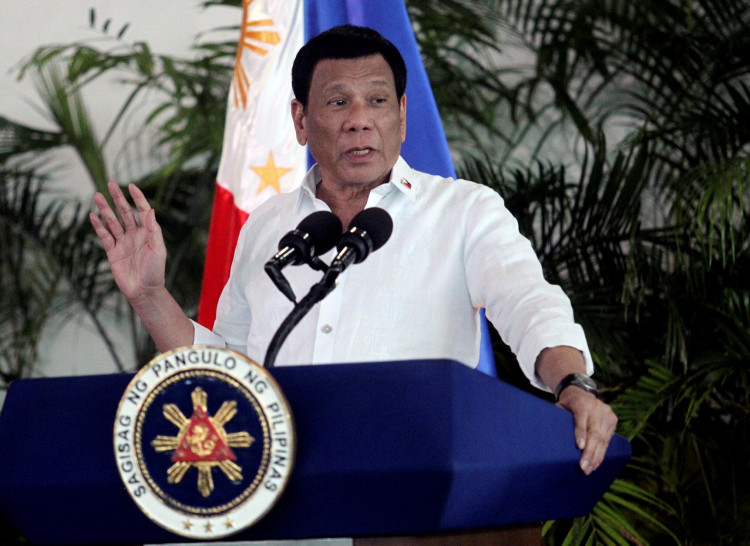The Philippines will place its capital city Manila back on a more rigid lockout beginning Tuesday as coronavirus infections increased over five-fold after restrictions were loosened last June.
President Rodrigo Duterte gave the green light for his Cabinet's plan to employ a tighter grip in Metro Manila and nearby provinces for 15 days, after health experts' recommendation to re-implement the lockdown as a surge in new virus cases overburdened the country's health infrastructure.
Granting the emergency request of exhausted health frontliners for a badly needed "timeout," Duterte approved Sunday night his Cabinet's recommendation to revert Metro Manila, Cavite, Bulacan, Laguna and Rizal to a stricter modified enhanced community quarantine from Aug. 4 to 18.
The decision was reached during a meeting at the Malacañang Palace of the President with the government's Inter-Agency Task Force (IATF) as the 40 medical groups that called for the timeout last Saturday grew to 100.
Medical frontliners had asked for the Philippines' capital city to return to an Enhanced Community Quarantine for two weeks to give them time to rest and "recalibrate strategies" in their fight against COVID-19.
In response to the medical workers' plea, the Manila Archdiocese announced that it will revert to the period of the ECQ policies and will not conduct public religious activities for the duration of the quarantine. Metro Manila courts will also be closed from Aug. 3 to 14, as ordered by Chief Justice Diosdado Peralta.
Coronavirus cases in the Philippines ballooned past the 100,000 mark on Sunday in a troubling milestone after health organizations declared that the country was fighting "a losing battle" against the disease and pleaded with Duterte to bring back a lockdown in the capital.
The Department of Health registered a record-high daily figure of 5,032, bringing the Philippines' total confirmed cases to 103,185, including over 2,000 fatalities. The country has the second-most infections in Southeast Asia after Indonesia and has had more cases of the virus than China, where the pandemic emerged late last year.
Two of Metro Manila's biggest government-run medical facilities temporarily shut down this week as cases of the virus have hit healthcare staff. Many hospitals in the capital also registered full capacity of their COVID-19 beds and have not accepted new patients.
Meanwhile, as medical frontliners require the full support and care of the government, reverting Metro Manila back under enhanced community quarantine could result in some workers dying of hunger, officials said. The Department of Health said it would also push for the "call for a timeout" for the national capital region during its meeting with the IATF.






